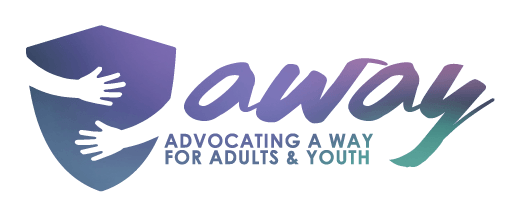Human Trafficking
Are You Or Someone You Know Victims Of Human Trafficking?
As defined under U.S. law, victims of human trafficking can be divided into three populations:
- Children under age 18 induced into commercial sex.
- Adults aged 18 or over induced into commercial sex through force, fraud, or coercion.
- Children and adults induced to perform labor or services through force, fraud, or coercion.

Are You Or Someone You Know The Victim Of
What Is Human Trafficking?
Human trafficking is a form of modern slavery where an individual is a forced laborer such as those forced to perform commercial sexual acts. Traffickers tend to target those who are at a disadvantage because of immigration status, language proficiency, financial hardship, or other socially isolating factors although victims can be any race, gender, nationality, or age.
People At Risk Of Human Trafficking Victimization
Foreign nationals who have paid significant recruitment and travel fees often become highly indebted to traffickers or other intermediaries. Traffickers control and manipulate these individuals by leveraging the non-portability of many work visas as well as the victims’ lack of familiarity with surroundings, laws and rights, language fluency, and cultural understanding.
How Can I Identify A Case Of Human Trafficking?
Common Indicators Of Human Trafficking
- The victim acts fearful, anxious, depressed, submissive, tense, nervous, or paranoid
- The victim doesn’t speak for themselves
- The victim shows signs of physical and/or sexual abuse
- The victim has few or no personal possessions
- The victim cannot freely contact friends or family
- The victim does not socialize or attend religious services
- The victim works excessively long and/or unusual hours
- The victim is a juvenile engaged in commercial sex
- The victim has been threatened with deportation or law enforcement action
- Another individual is in possession of the victim’s identification and travel documents
Victims of human trafficking need A Way out.
Victims face many challenges in accessing help. Their traffickers may confiscate their identification documents and money. They may not speak English. They may not know where they are, because they have been moved frequently. They are often not allowed to communicate with family or friends. And they may have trouble trusting others, due to their traffickers’ manipulation and control tactics.
Contact The
National Human Trafficking Hotline
Are you or someone you know being trafficked? Is human trafficking happening in your community? Recognizing potential red flags and knowing the indicators of human trafficking is a key step in identifying more victims and helping them find the assistance they need.

